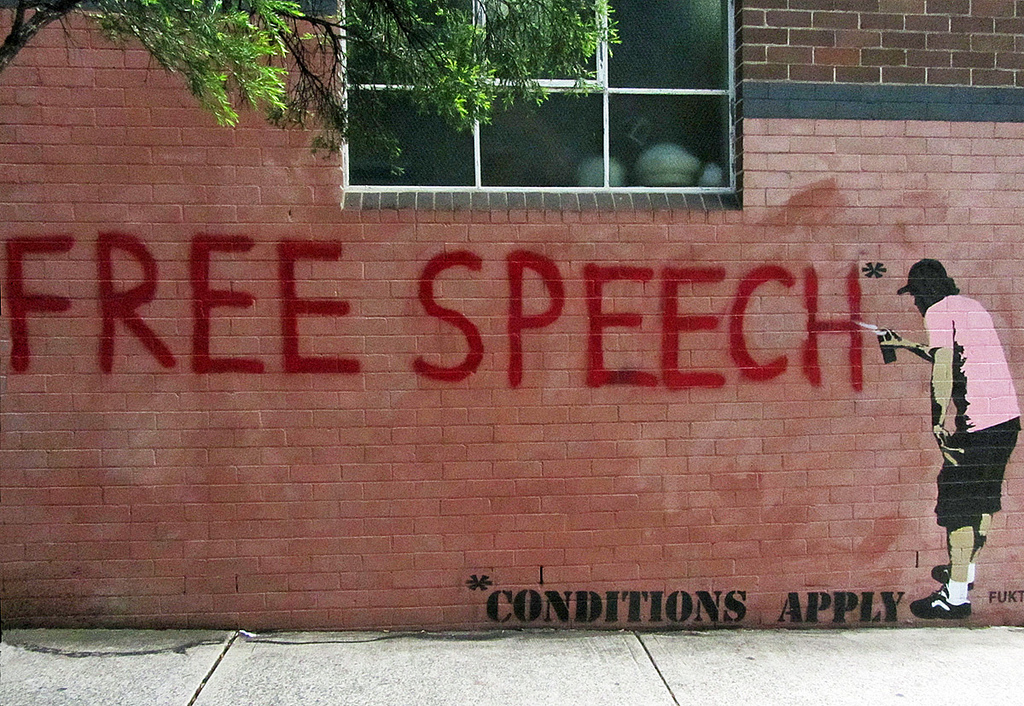The First Amendment of the Constitution of the United States, arguably one of the most important, protects the freedom of the press and free speech.
In 1965, a young girl named Mary Beth Tinker walked into her Iowa school wearing a black armband in protest of the Vietnam War. This act lead to her suspension from school, a clear breach of her First Amendment rights. Tinker’s case wound up in the Supreme Court, ruling that students do not “shed their constitutional rights to freedom of speech or expression at the schoolhouse gate.” Tinker v. Des Moines proved to be a monumental case, advocating for the right of free speech in school.
However, there have since been cases undoing the progress that Tinker v. Des Moines made. In 1988, a major case concerning free speech arose in St. Louis, Missouri. In Hazelwood v. Kuhlmeier, students enrolled in the Hazelwood East High School journalism class wrote articles to be published in the paper concerning divorce and teenage pregnancy at their school. Although the girls’ names had been changed in the articles, the principal of the school deemed the articles as inappropriate.
As a result of this perturbing case, schools are able to censor their student if they do not comply with the vision the schools wish to uphold.
Similarly, according to the Foundation for Individual Rights in Education, private organizations such as schools and universities are not “directly bound by the First Amendment” seeing as it only limits government action. If a private school places a certain teaching such as religion over the right to free speech, they are entitled to do so, given that the students have consented to this form of education.
The right to free speech should be protected everywhere. The First Amendment should apply to all American citizens, even if an individual is on school property. Whether it is dress codes or censoring journalists, schools deprive their students of a true democracy, a fundamental part of their future lives as the next leaders of country. As children are growing, it is important for them to develop in their own way, under their own beliefs and free expression.
At our school, the administration barred WIS Dateline from publishing an editorial pertaining to the infamous incident at a soccer game during the fall of 2017. This piece was describing the Dateline staff’s opinion on the event, without creating a generalization for the academic body in order to respect the vast range of ideals that our school encompasses.
By Julia Brownell
































































